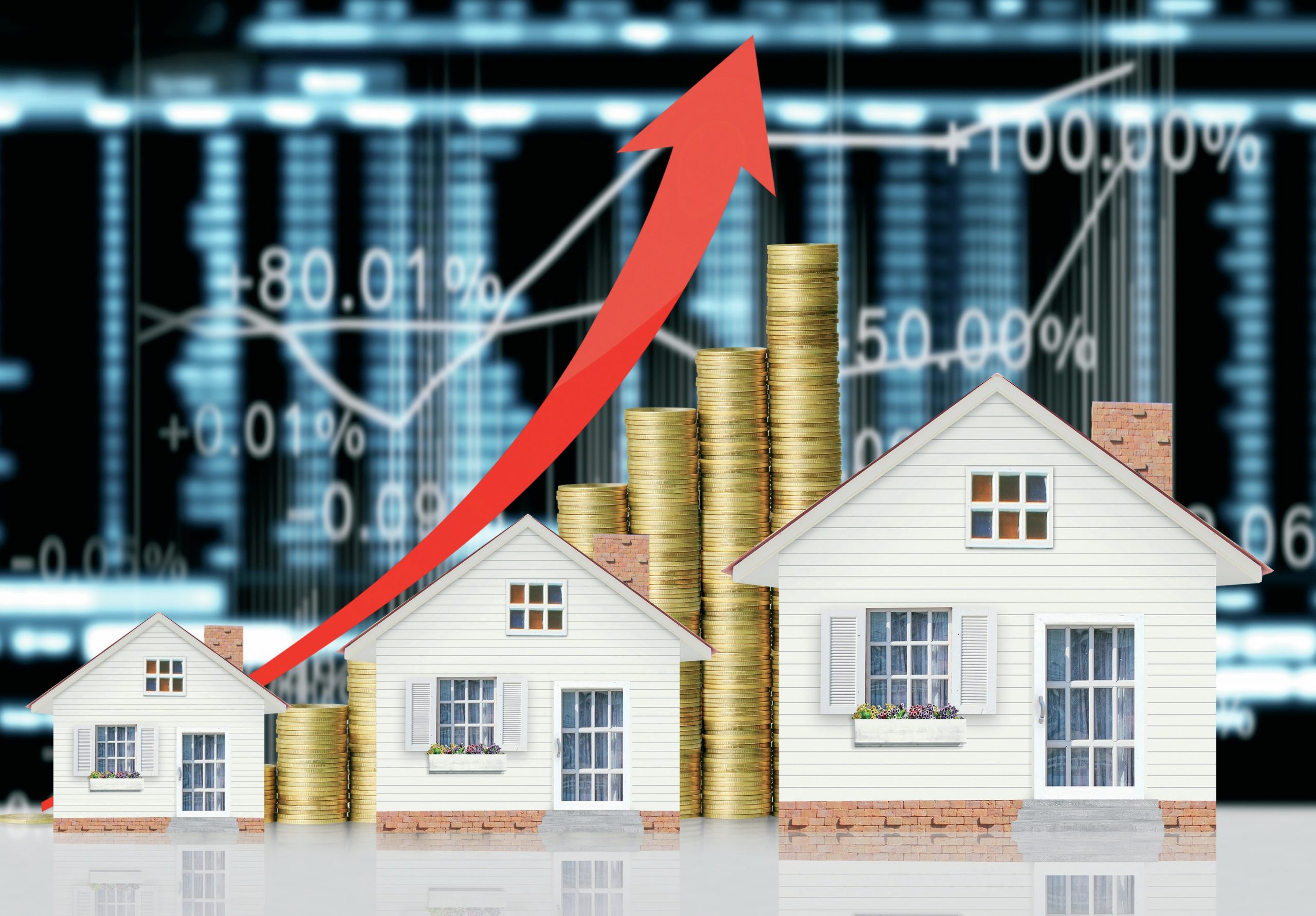
In the runup to the recent Great Recession, there was a large increase in both house prices and household consumption in many Western countries. The subsequent collapse in house prices was also accompanied by a sharp slowdown in consumer spending and an increase in household savings. This relationship between house prices and consumption is well documented, and has led many to suggest that changes in house prices cause individuals to change their consumption and savings behaviour. However, others argue this relationship can be explained by other factors that determine both house prices and consumption.
Understanding how changes in house prices affect households’ consumption and savings decisions is an important issue for policy-makers. One of the reasons that the recent recovery has been relatively slow compared with previous recoveries is that consumer spending fell dramatically as the Great Recession unfolded and it has been slow to recover. Understanding what role (if any) was played in this by housing — the largest asset held by many households — is important as it could guide policymakers’ responses to future crises.
Your organisation does not have access to this article.
Sign up today to give your students the edge they need to achieve their best grades with subject expertise
Subscribe




